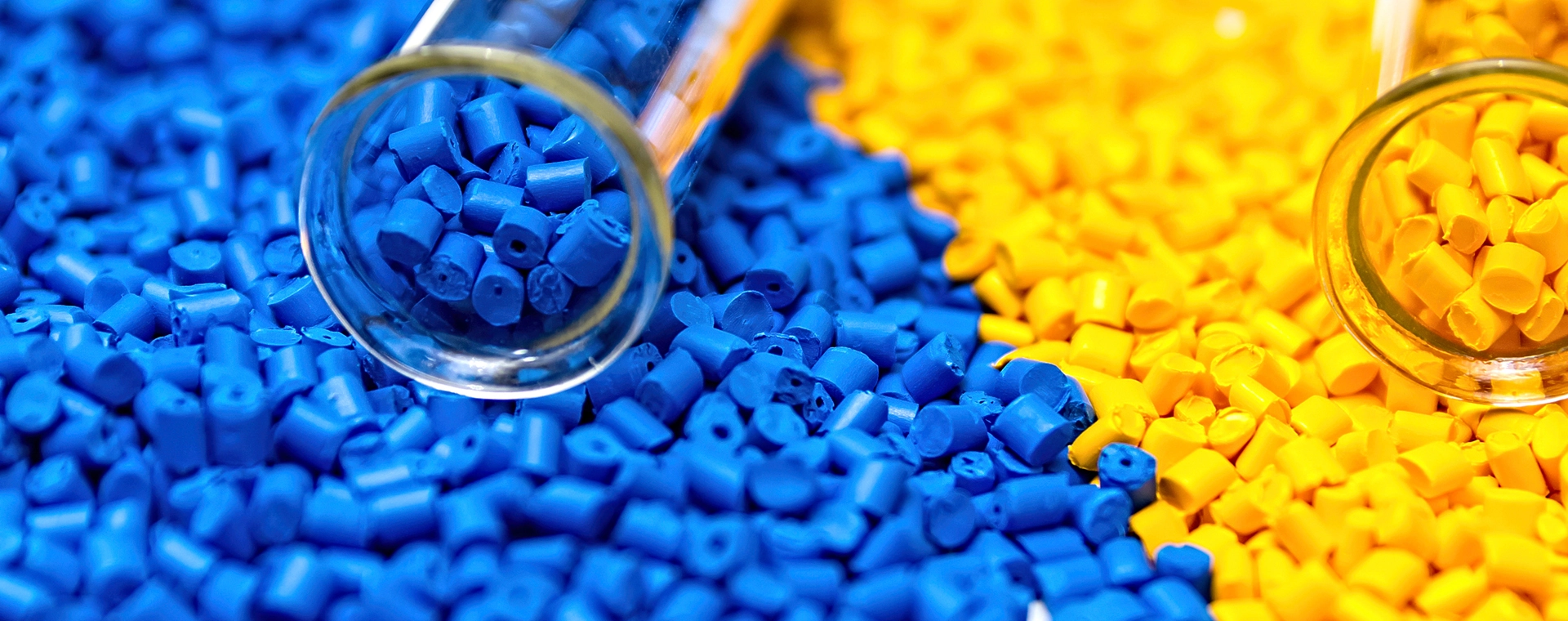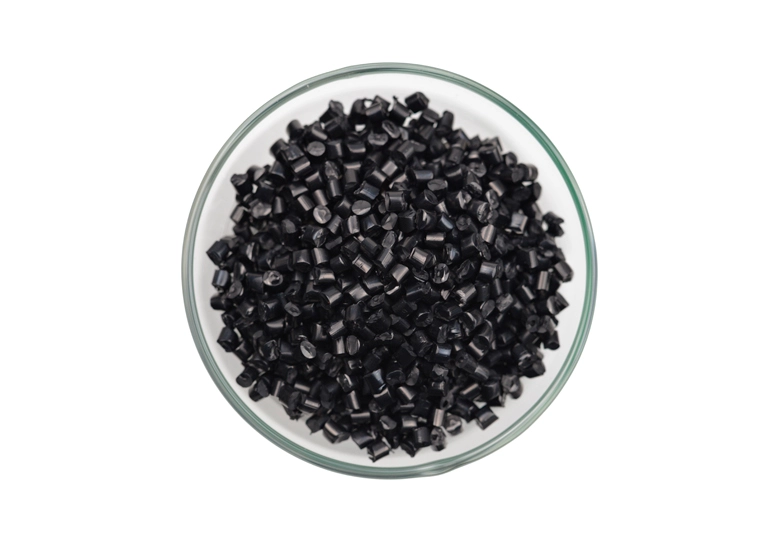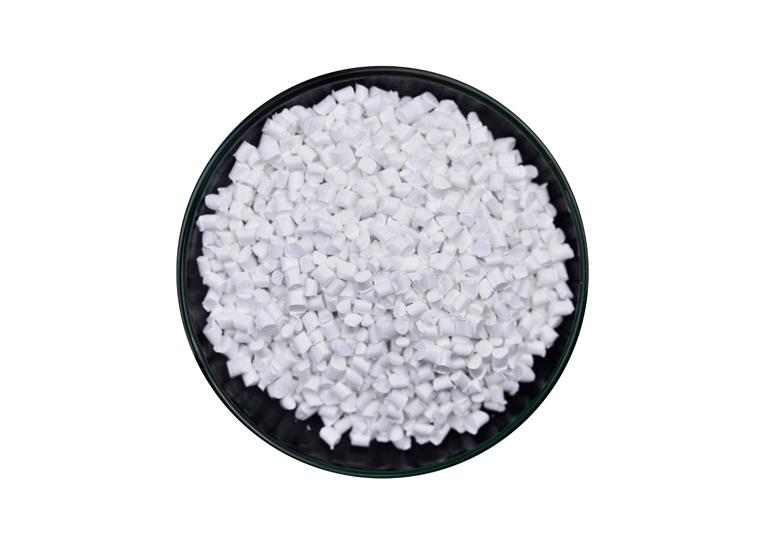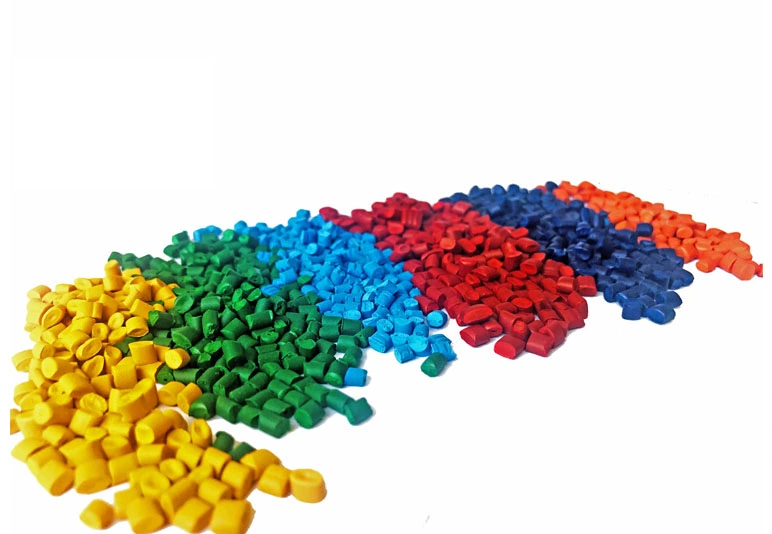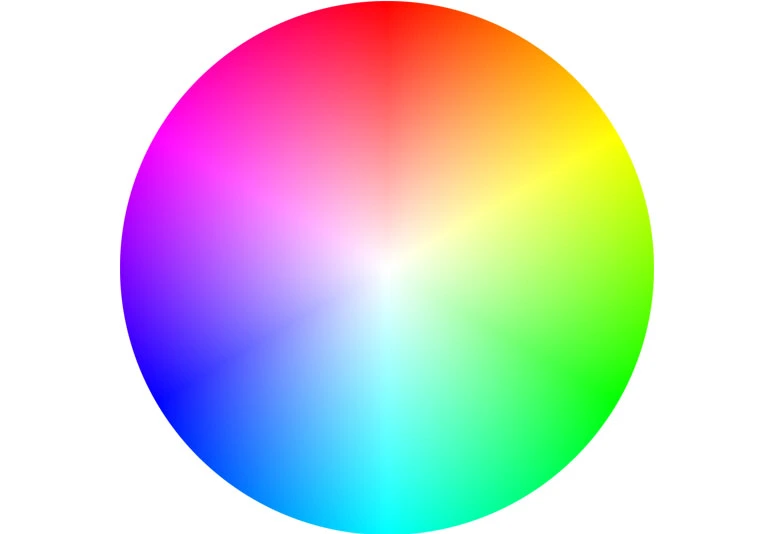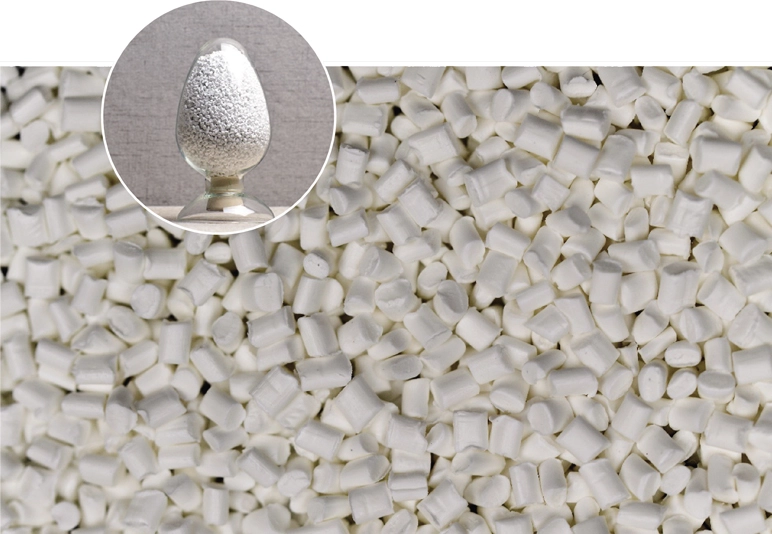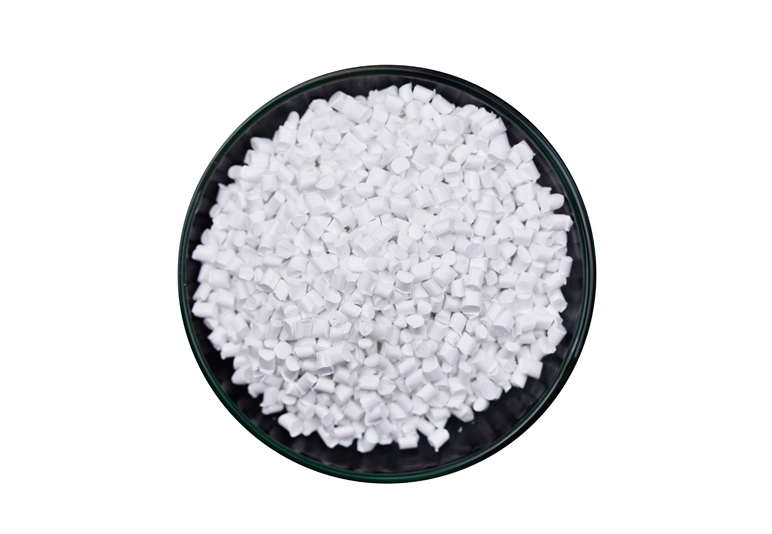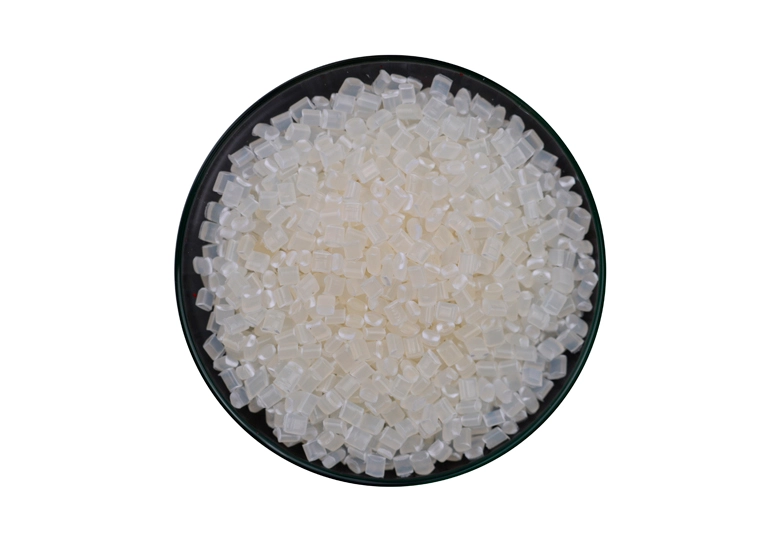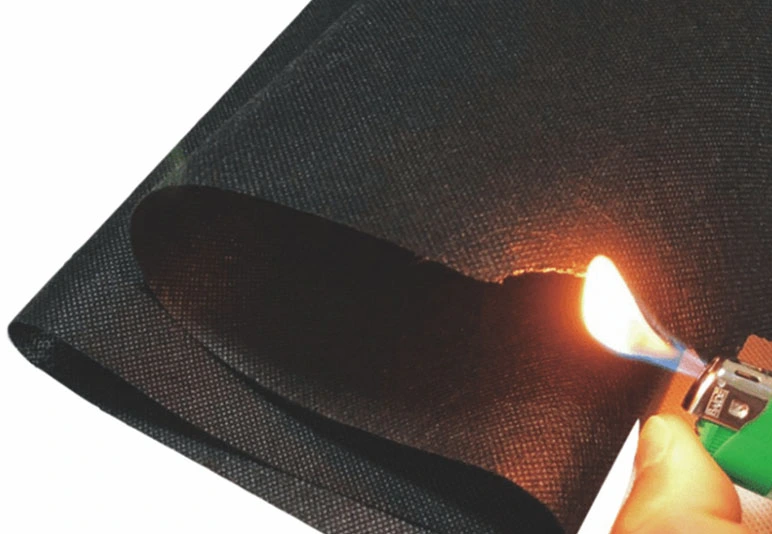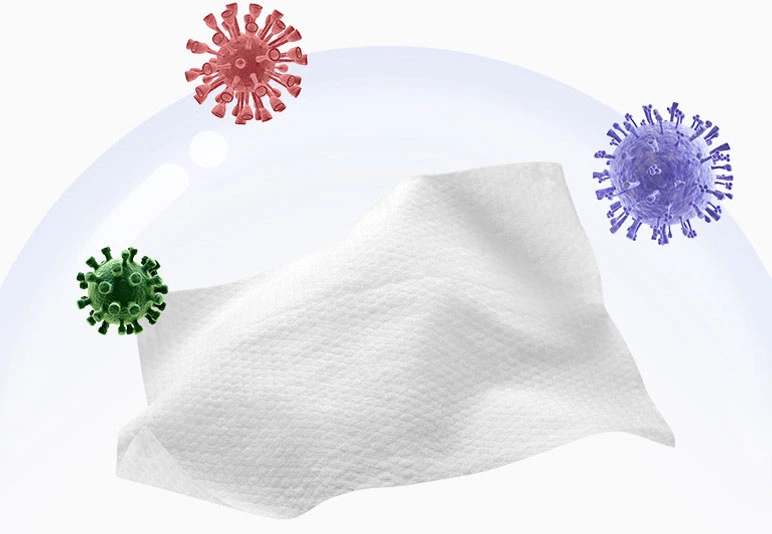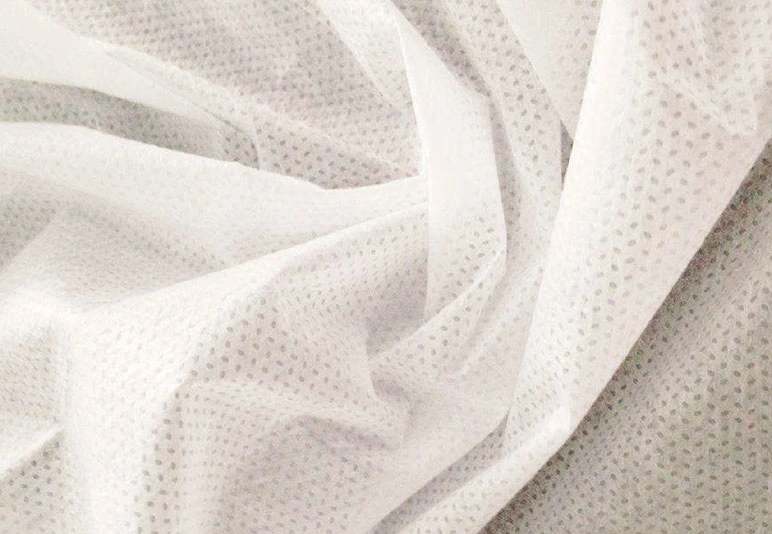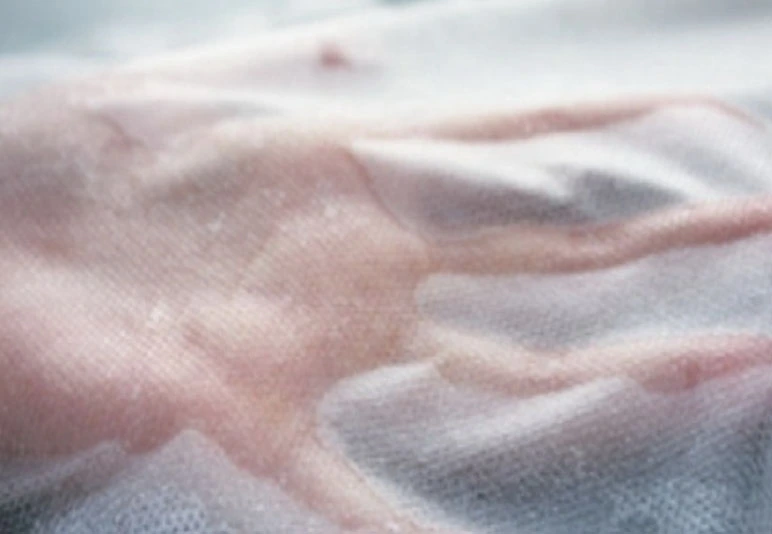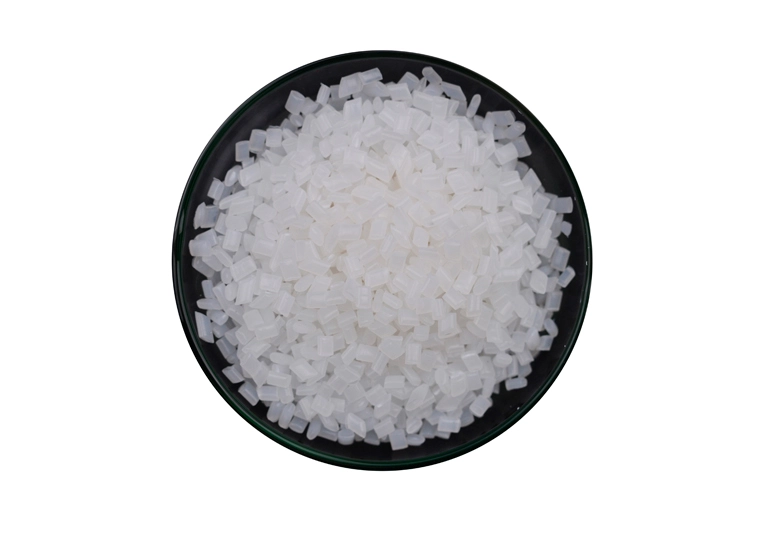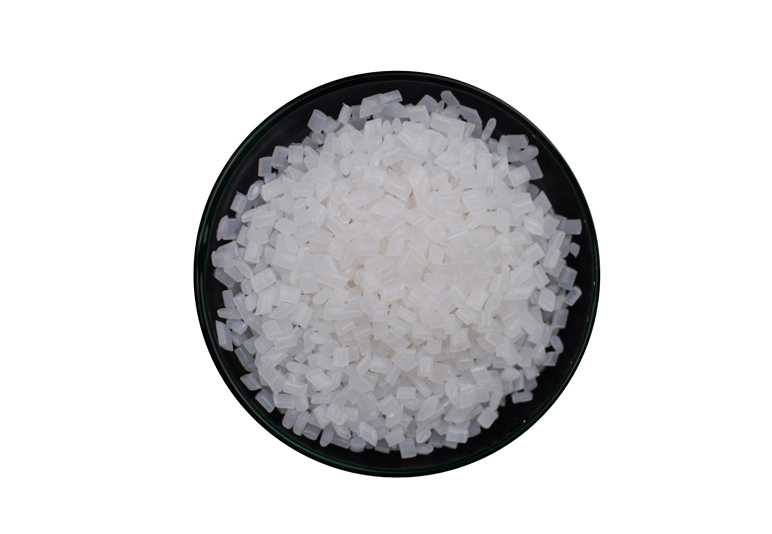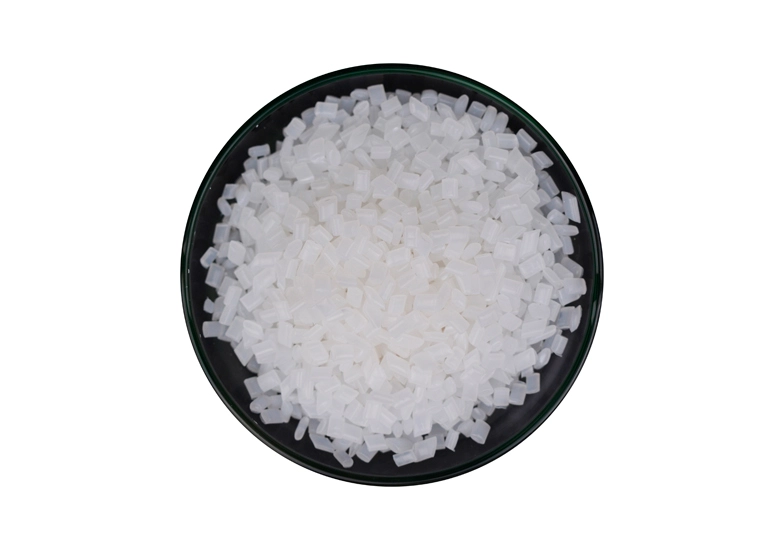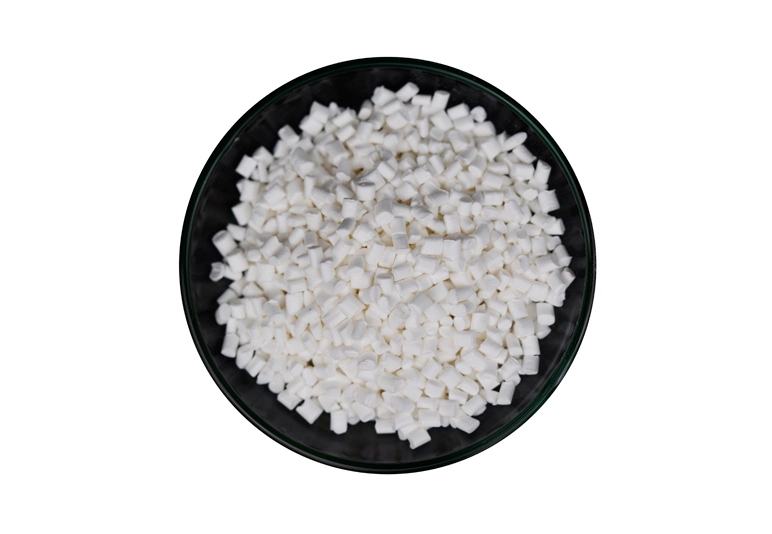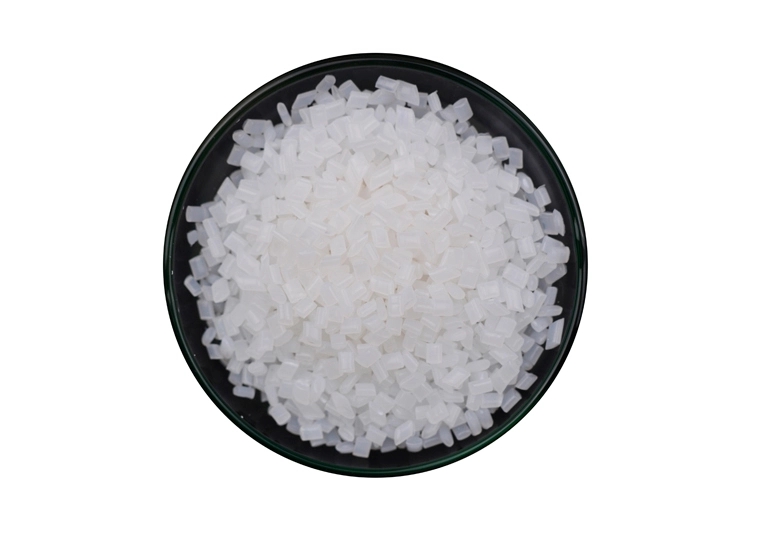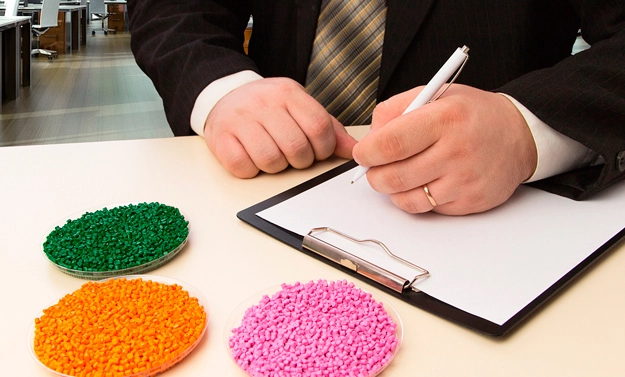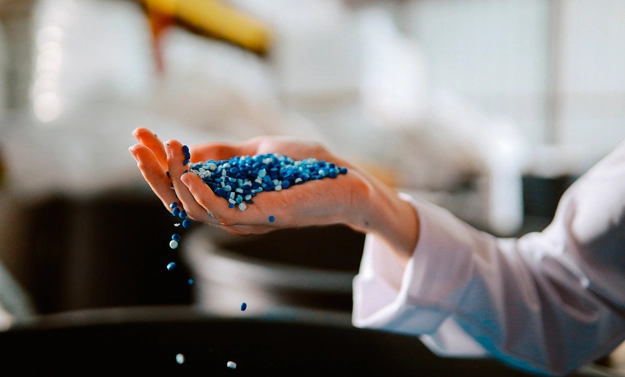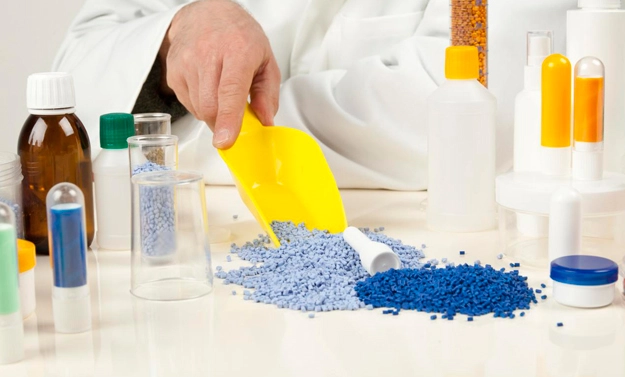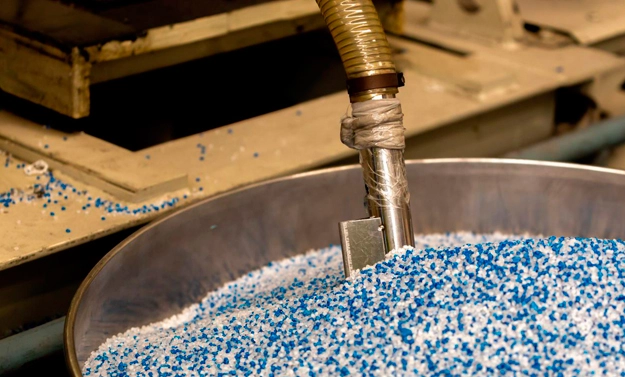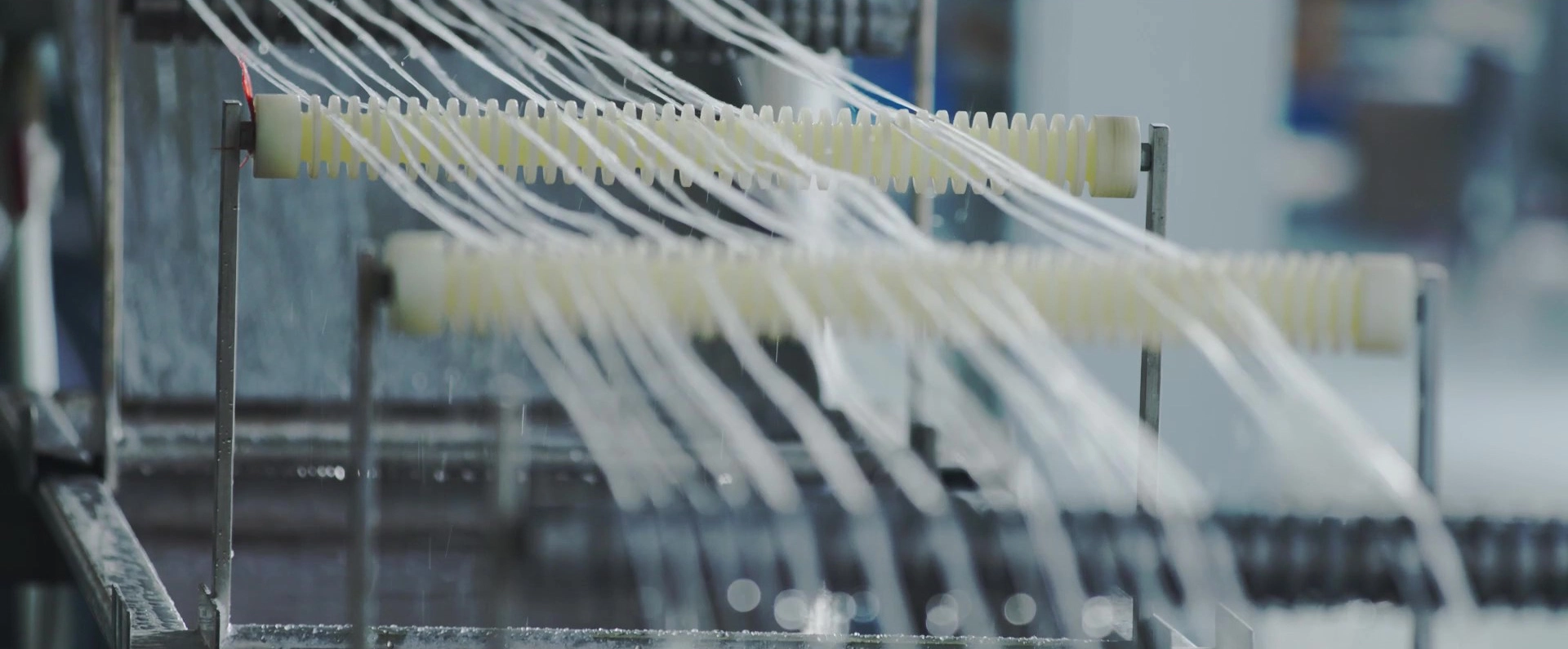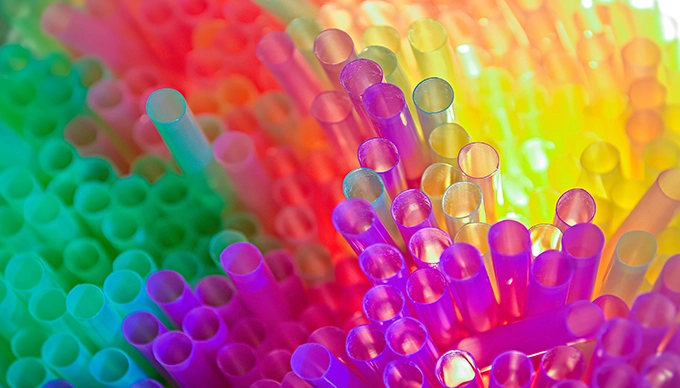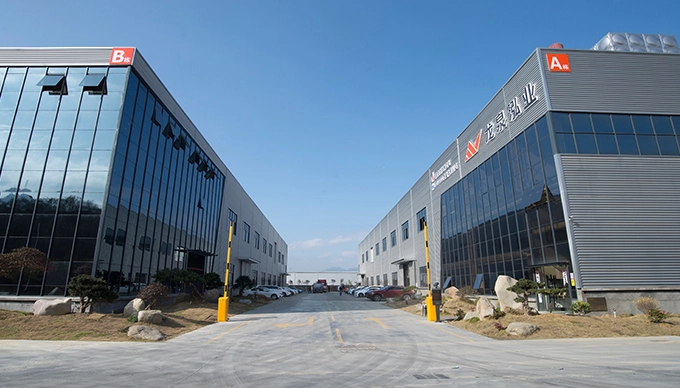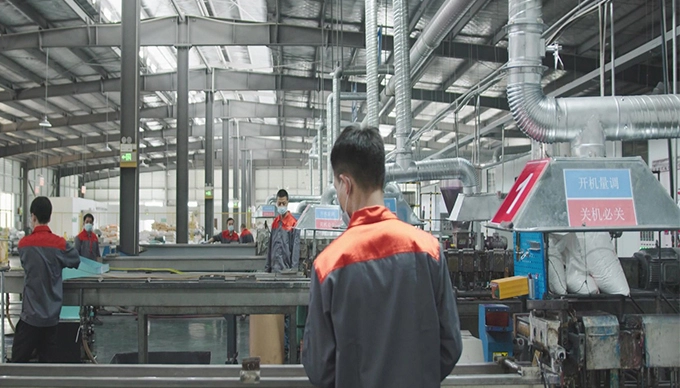English
-
Products
Functional MasterbatchSoftening Masterbatch Antimicrobial Masterbatch Hydrophilic Masterbatch Anti-static Masterbatch UV Stabilizer/Absorb Masterbatch Flame Retardant Masterbatch Fragrance Masterbatch Cooling Masterbatch Electret Masterbatch Antiblock Masterbatch Slip Masterbatch PPA Masterbatch Clarify Masterbatch Nucleating Masterbatch Antifog Masterbatch Cold-resistant and Toughening Masterbatch Conductive MasterbatchNon Woven MasterbatchBlack Masterbatch White Masterbatch Universal Color Masterbatches Custom Color Masterbatch Matt White Masterbatch Optical Brightener Masterbatch/Fluorescent Whitening Masterbatch UV Stabilizer/Absorb Masterbatch Flame Retardant Masterbatch Antimicrobial Masterbatch Softening Masterbatch Hydrophilic Masterbatch Cooling Masterbatch Anti-static Masterbatch Meltblown Nonwoven Fabric Materials Biodegradable Polyolefin Electret MasterbatchPolypropylene MasterbatchWhite Masterbatch Black Masterbatch Universal Color Masterbatches Custom Color Masterbatch Transparent Color Masterbatch Matt White Masterbatch Optical Brightener Masterbatch/Fluorescent Whitening Masterbatch UV Stabilizer/Absorb Masterbatch Flame Retardant Masterbatch Antimicrobial Masterbatch Softening Masterbatch Hydrophilic Masterbatch Cooling Masterbatch Anti-static Masterbatch Meltblown Nonwoven Fabric Materials Biodegradable Polyolefin Electret Masterbatch Clarify Masterbatch Nucleating Masterbatch Antifog Masterbatch Cold-resistant and Toughening Masterbatch Antiblock Masterbatch Slip Masterbatch
- About
- Solutions
- Services
- Resources
- News
- Contact Us
 English
English
